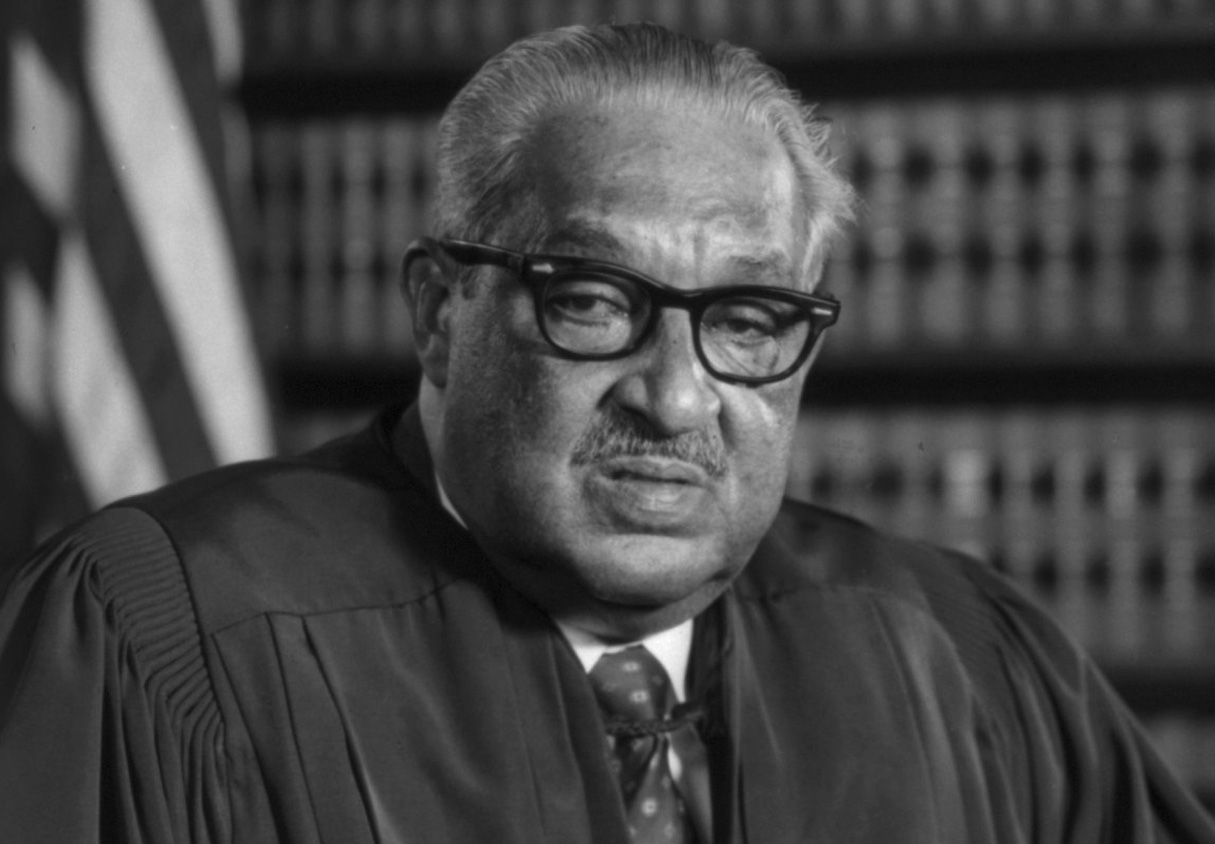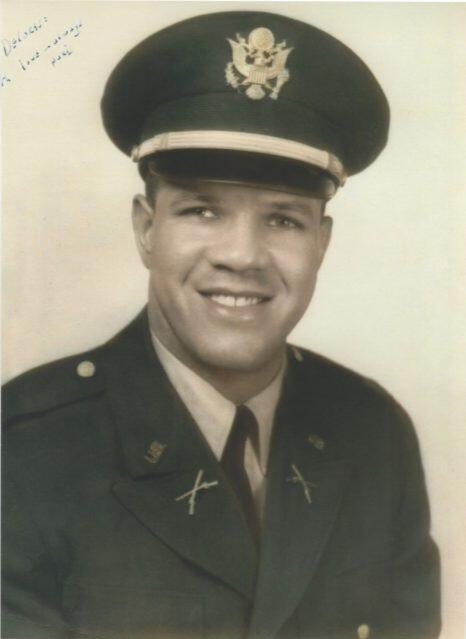Each year from Feb. 1 to March 1, Black History Month is recognized in the U.S.
Set aside to commemorate the many contributions and accomplishments of Black Americans, the observation provides an opportunity to spotlight the sacrifices, heritage and luminaries that helped shape our country’s history.
What initially began as a week near a century ago, became a month-long celebration in 1976 when President Gerald Ford officially decreed Black History Month an official observation.
How that recognition evolved is one of many Black History facts you may not already know, but it’s instrumental in how we recognize Black History Month today.
There are also many other details you may or may not be aware of. For instance, you’re probably aware that Harriet Tubman was responsible for saving the lives of countless enslaved persons through the Underground Railroad. But did you know that after enlisting in the Civil War, Tubman was also the first Black woman to lead an armed military operation in the U.S.?
Read on to learn more about Tubman’s contributions, along with facts about other notable figures like Rosa Parks, Martin Luther King Jr. and Carter Woodson.
You’ll also find details on the National Museum of African American History and Culture, who the first Black American to win an Academy Award was, which legendary Black musicians were among the first inductees of the Rock & Roll Hall of Fame and many other notable facts to honor and commemorate Black History Month this year.
Black History Month began as a week
Black History Month began as merely a week back in 1926 thanks to the efforts of one man: Carter G. Woodson. A scholar and teacher, Woodson was the second Black American to receive a Ph.D. from Harvard among many other academic achievements.
Woodson believed that Black history was largely ignored in education, saying that African American contributions were “overlooked, ignored, and even suppressed by the writers of history textbooks and the teachers who use them,” according to the NAACP.
Aiming to change that, Woodson launched Negro History Week in 1926 to honor and highlight the contributions of Black Americans, choosing the second week of February to align with the birthdays of Frederick Douglass and Abraham Lincoln.
The annual commemoration would eventually evolve into the month-long celebration that we now know as Black History Month.
President Gerald Ford established Black History Month
During America’s Bicentennial celebration in 1976, U.S. president, Gerald Ford, extended what was, then, Black History Week into a month-long recognition.
In a message delivered on Feb. 10, 1976, Ford officially designated the observation, urging citizens to join him in tribute to Black History Month, citing the message of “courage and perseverance” it brings.
“Freedom and the recognition of individual rights are what our Revolution was all about. They were ideals that inspired our fight for Independence: ideals that we have been striving to live up to ever since,” Ford said in his message and called on citizens to “seize the opportunity to honor the too-often neglected accomplishments” of Black Americans.
Thurgood Marshall was the first Black American appointed to the Supreme Court
Though the U.S. Supreme Court was officially established in 1789, it would be nearly 180 years before a Black American was appointed as one of the justices.
On Aug. 30, 1967, Thurgood Marshall was confirmed by the U.S. Senate, becoming the first Black person to serve on the nation’s highest court.
Nominated by President Lyndon B. Johnson, Marshall served on the Supreme Court for 24 years before retiring in 1991.
Aside from Marshall, the other two Black Americans to serve on the Supreme Court are current Justices, Clarence Thomas and Ketanji Brown Jackson.
Two U.S. museums honor Black history, culture and heritage
The National Museum of African American History and Culture in Washington, D.C., is a national museum exclusively dedicated to documenting the life, history and culture of African American citizens.
Boasting a collection of more than 40,000 artifacts, the museum is part of the Smithsonian Institution and was dedicated, fittingly, by the U.S.’s first Black president, Barack Obama, on Sept. 24, 2016.
The recently-opened International African American Museum in Charleston, South Carolina also recognizes the heritage and traditions of African Americans and their experience through art, language, music, food and more.
The first Black person to win an Oscar was…
In 1940, actor Hattie McDaniel became the first Black person to be nominated for — and win — an Academy Award for her performance as “Mammy” in the film “Gone with the Wind.”
Appearing in more than 300 films, it was her supporting role in the classic 1939 movie that earned McDaniel an Oscar plaque (statuettes wouldn’t become the norm until a few years later) for the honor.
Though the achievement was history-making, McDaniel and her guest were still required to sit separate from the other nominees as part of the still-enforced segregation. And despite the accomplishment, it would take more than 50 years for another Black woman to take home a trophy. A distinction that goes to Halle Berry, who won an Oscar for her role in “Monster’s Ball” in 2002.
Part of MLK’s ‘I Have a Dream” speech was improvised
The galvanizing speech given by Martin Luther King Jr. on the steps of the Lincoln Monument in 1963 goes down in history as one of the most memorable of all time.
Known as the “I Have a Dream” speech, King’s address in front of more than 250,000 people gathered together for the March on Washington didn’t initially include some the historic passages that have since come to define the Civil Rights Movement.
In fact, some of King’s most iconic quotes came unscripted after gospel singer, Mahalia Jackson, encouraged King to tell the crowd about “the dream,” leading him to improvise that portion of the speech, according to the National Constitution Center.
Chuck Berry, Sam Cooke and others are among the first ever inducted into the Rock & Roll Hall of Fame
The Rock & Roll Hall of Fame has been honoring legendary musicians and performers since it was established in 1986.
Luminaries from the first class of trailblazers inducted into the Hall of Fame include the following performers: Chuck Berry, James Brown, Ray Charles, Sam Cooke, Fats Domino, Robert Johnson, Little Richard and Jimmy Yancey.
The first woman inducted into the Rock & Roll Hall of Fame? Aretha Franklin in 1987.
Juneteenth was declared a federal holiday in 2021
On June 17, 2021, President Joe Biden officially established Juneteenth National Independence Day as a federal holiday, the first since Martin Luther King Jr. Day was designated as a federal holiday back in 1983.
Juneteenth commemorates June 19, 1865, the day that legalized slavery officially ended in Texas, the last of the Confederate states to abolish the practice.
Though the holiday wasn’t made official until 2021, Juneteenth has been commemorated in the U.S. and countries around the world for decades and represents Black citizens’ fight for equality, as well as honoring family and community.
Rosa Parks refused to give up her bus seat because she was ‘tired of giving in’
Activist Rosa Parks is best known for her role in the Montgomery, Alabama Bus Boycott in 1955. Refusing to move to the back of the bus, as was customary for Black citizens, Parks sat in one of the front seats typically reserved for white passengers.
As a result, Parks was arrested, sparking a year-long boycott of the Montgomery bus system, which ultimately led to the desegregation of public transportation nationwide.
In the years since, some have suggested Parks refused to sit in the back of the bus simply because she was tired after work, a fact Parks refuted in her 1992 autobiography saying:
“People always say that I didn’t give up my seat because I was tired, but that isn’t true. I was not tired physically, or no more tired than I usually was at the end of a working day. I was not old, although some people have an image of me as being old then. I was forty-two. No, the only tired I was, was tired of giving in.”
Harriet Tubman was the first Black woman to serve in the military
Known for helping enslaved persons escape and gain their freedom in through the Underground Railroad, it might be less known that Harriet Tubman also served for the Union Army during the Civil War which lasted from 1861 to 1865.
Working as a nurse, scout, spy and soldier, Harriet Tubman is considered the first Black woman to actively serve in the military, according to the National Women’s History Museum.
After serving in the war, Tubman helped raise money for freedmen along with joining Susan B. Anthony and Elizabeth Cady Stanton in their fight for women’s rights.
Vermont was the first state to ban slavery, Mississippi the last
Known for its sleepy towns and breathtaking scenery, Vermont is also the first state in the American colonies to outright ban slavery. On July 2, 1777, Vermont’s legislature voted to not only abolish the practice, but also secure voting rights for Black men.
In subsequent years, other eastern states followed including Pennsylvania, New Hampshire, Massachusetts, Connecticut and Rhode Island.
After a clerical error in which Mississippi failed to ratify the 13th Amendment that abolished slavery in 1865, the state became the last in the U.S. to officially abolish slavery in February of 2013 148 years after Congress passed the initial resolution.


























